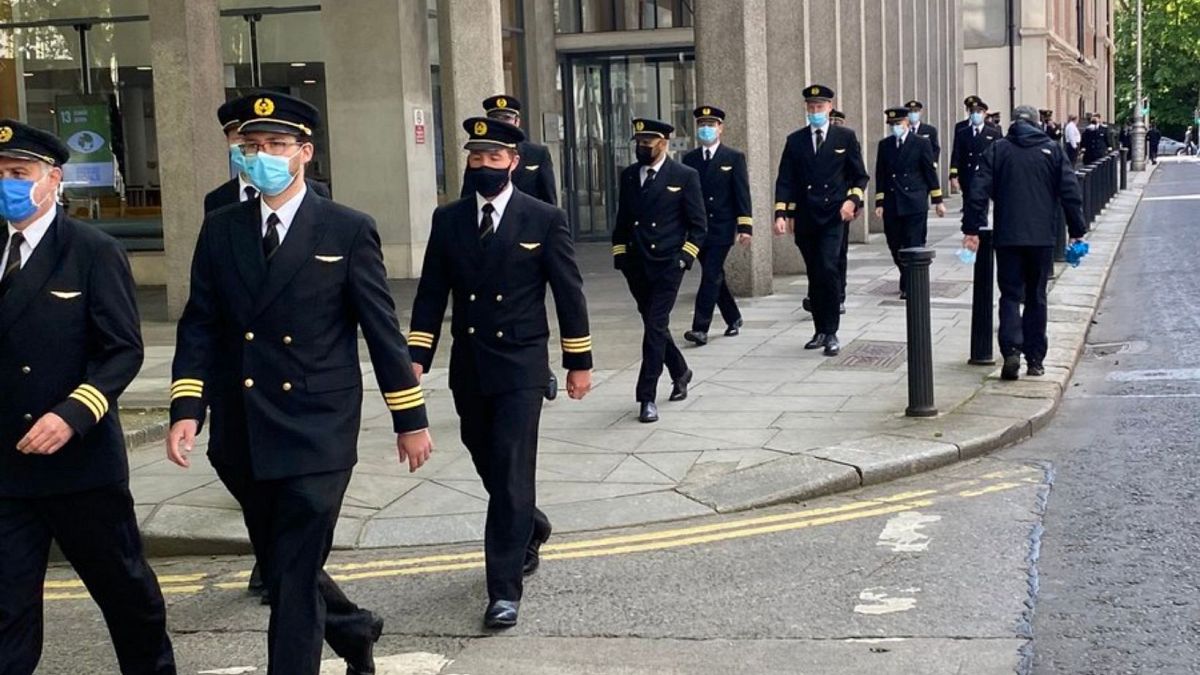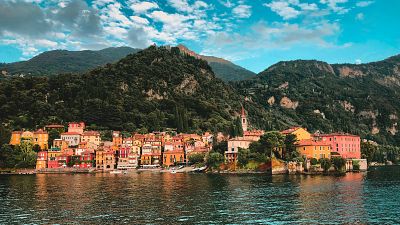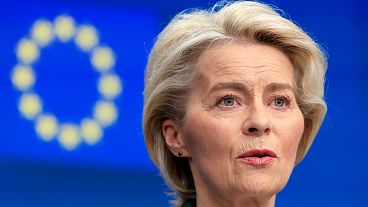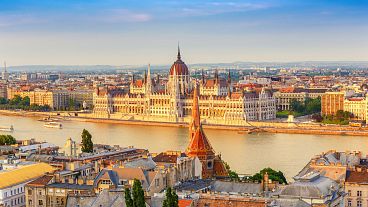The Irish government is set to release its aviation reopening strategy this week. Here's why pilots are protesting.
More than 300 pilots gathered outside Leinster House in Dublin on Monday morning to protest the Irish government’s air travel restrictions. We spoke to the Vice-President of the Irish Airlines Pilots’ Association (IAPA) to find out why.
The Irish government is set to announce its plan to restart aviation on Friday. The airline industry, however, has concerns that the plan will not be sufficient to save their industry.
What are they demanding?
Protestors believe that Ireland’s air travel restrictions are an outlier in the EU. All non-essential international travel is currently prohibited in the country, with passengers from risk areas required to undertake a 14-day hotel quarantine on arrival.
The EU recently announced its Digital Green Certificate which will allow vaccinated people to travel within the EU. An implementation period of up to six weeks was granted to Member States and the Irish aviation industry is concerned that the government will take the full period, leaving them no time to plan internally.
IAPA Vice-President Alan Brereton is asking for the government to extend the certificate to US citizens too. His association also demands the immediate reinstatement of the Common Travel Area with the United Kingdom.
Ireland and the United Kingdom have a long-standing agreement that allows citizens from both countries to move freely between each nation. Since the outbreak of the pandemic, however, this freedom of movement has been heavily curtailed.
This relationship has posed health risks for both nations too. When the UK Covid-variant struck, many people in the UK flew to Belfast, Northern Ireland (which is part of the United Kingdom) and drove to the Republic of Ireland from there, amid much controversy.
Brereton believes that this loophole creates an “arbitrary artificial barrier.” He wants the Irish government to harmonize with the UK’s aviation strategy, which is considerably more lax. This coordination should be immediately implemented, he says.
Rapid-testing resolution?
The protestors believe that the answer to saving their industry is mass rapid antigen testing. Before Monday’s demonstration, every protestor took an antigen test in a nearby suburb.
Currently, travel to and from Ireland is only possible if passengers can provide a negative RT-PCR test. Protestors are demanding the government switch to mass rapid-antigen testing to allow aviation to reopen. They suggest that passengers who can prove they received an antigen test that morning should be allowed to fly.
Advocates have stressed that they are not demanding a full end to travel restrictions. Rather, they want the Irish government to explain what they believe to be trivial distinctions, like the PCR requirement for travel.
Air in Éire
As an island state, Ireland is dependent on the aviation sector for international travel. The country has the joint third-largest share of employment in the air transport sector in the EU, with 0.4 per cent direct employees and a further 140,000 jobs supported by air travel. The airline industry contributes extensively to Ireland’s GDP (approx €8bn) and its biggest firm, Ryanair, is Europe’s largest airline carrier.
The aviation industry also contributes to the nation’s carbon footprint. Since the outbreak of COVID-19, flight reductions have seen Ryanair’s carbon emissions reduced by 60 per cent, according to national media.



